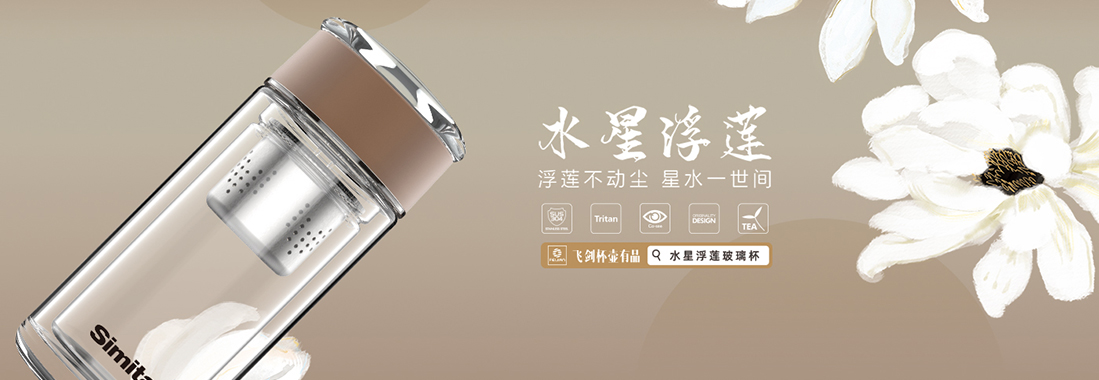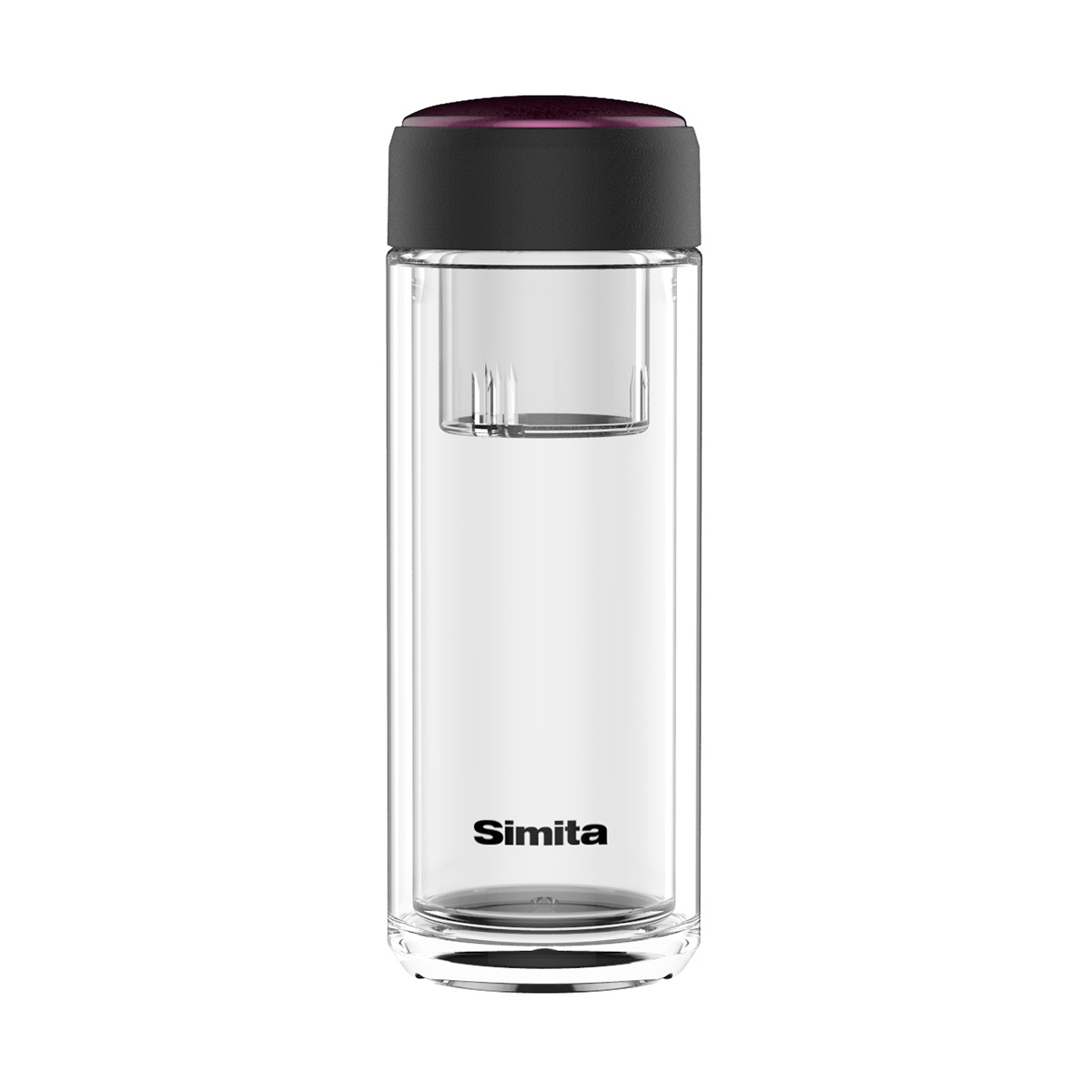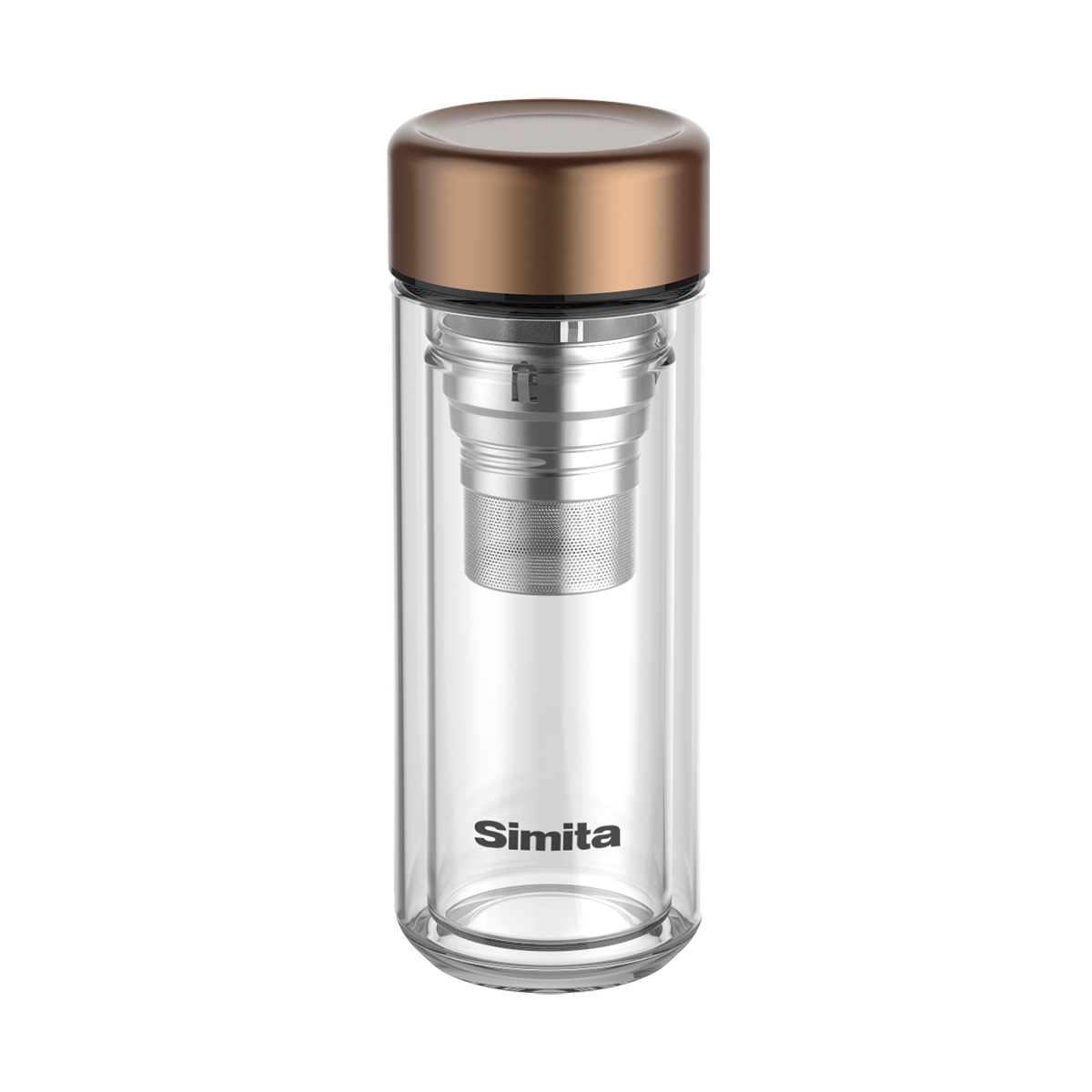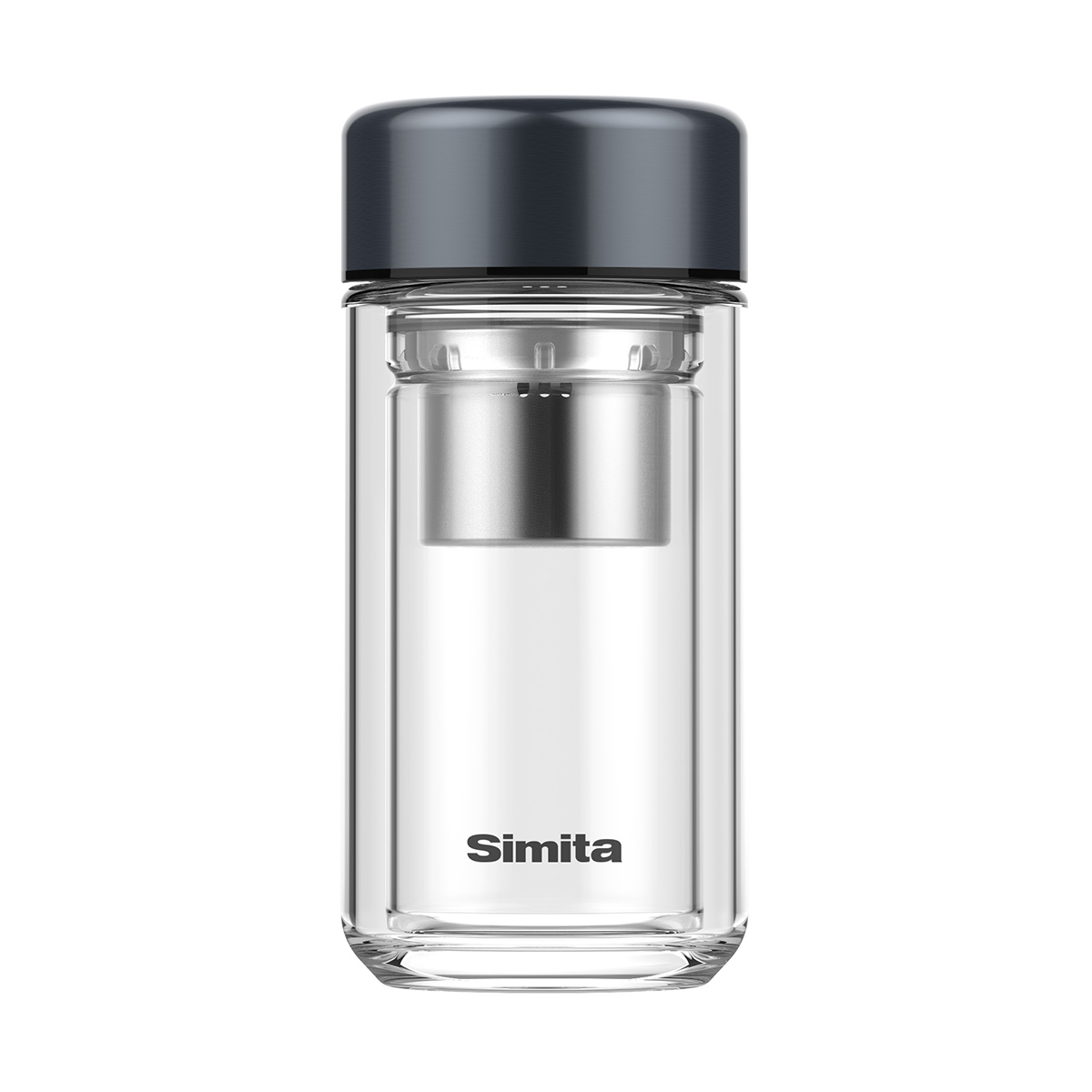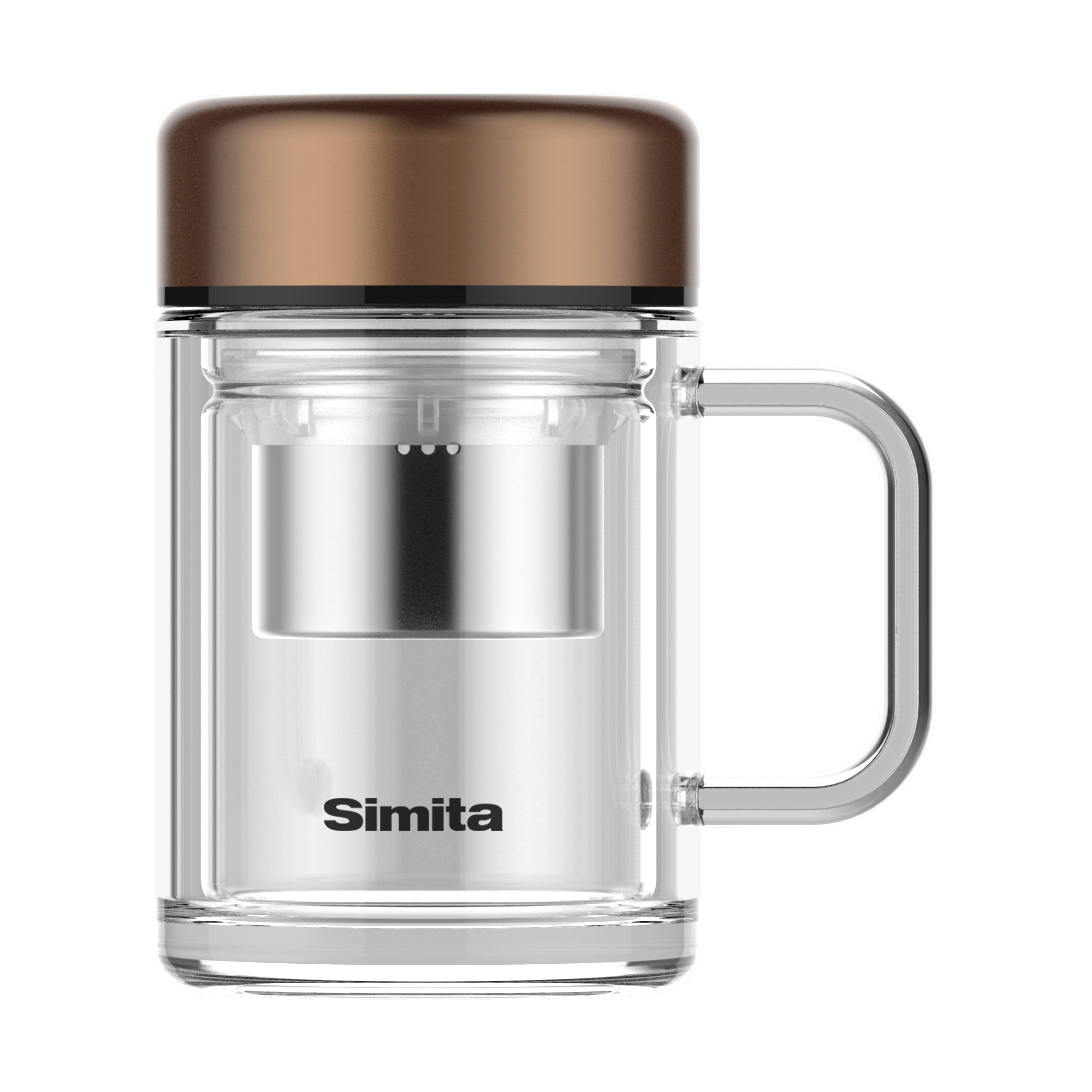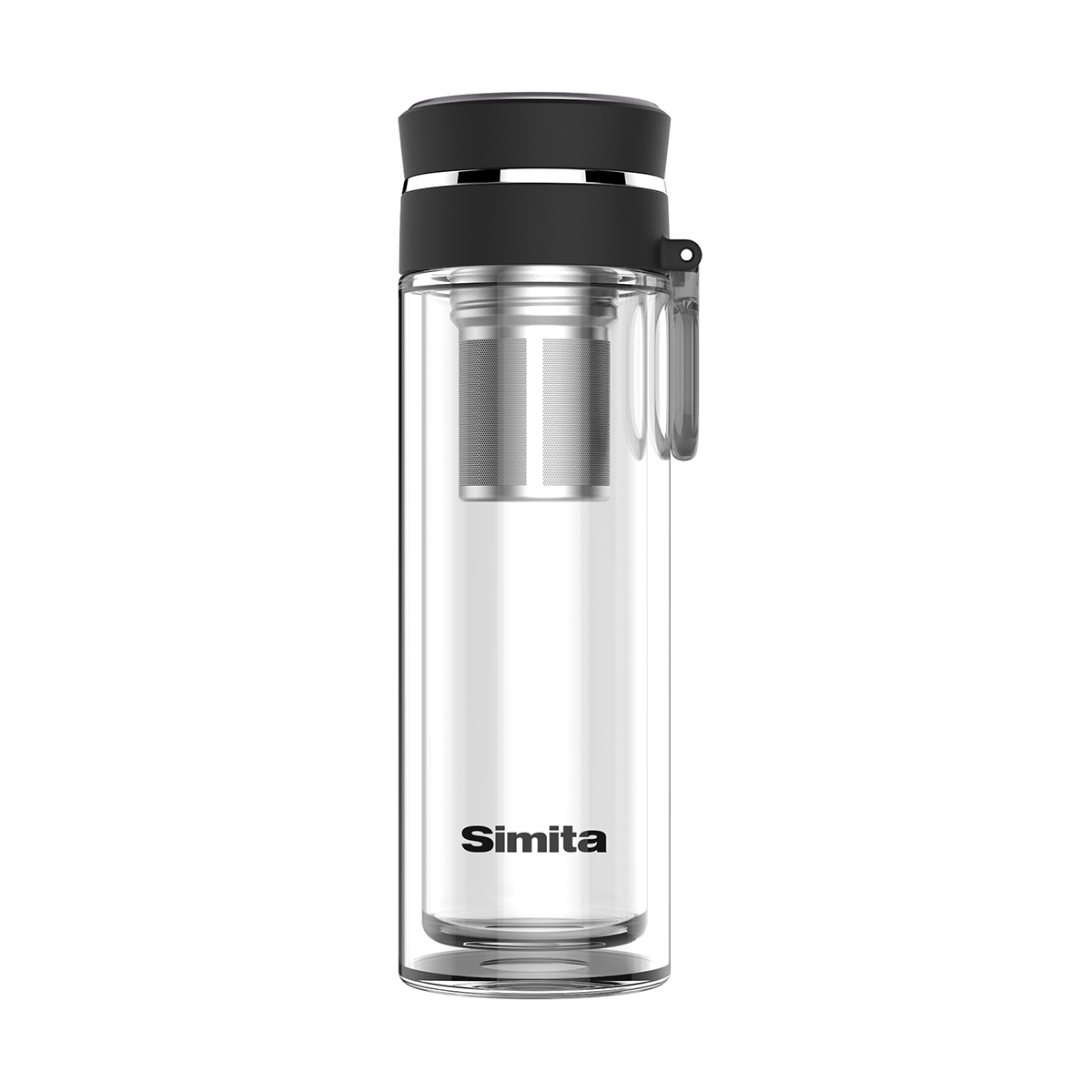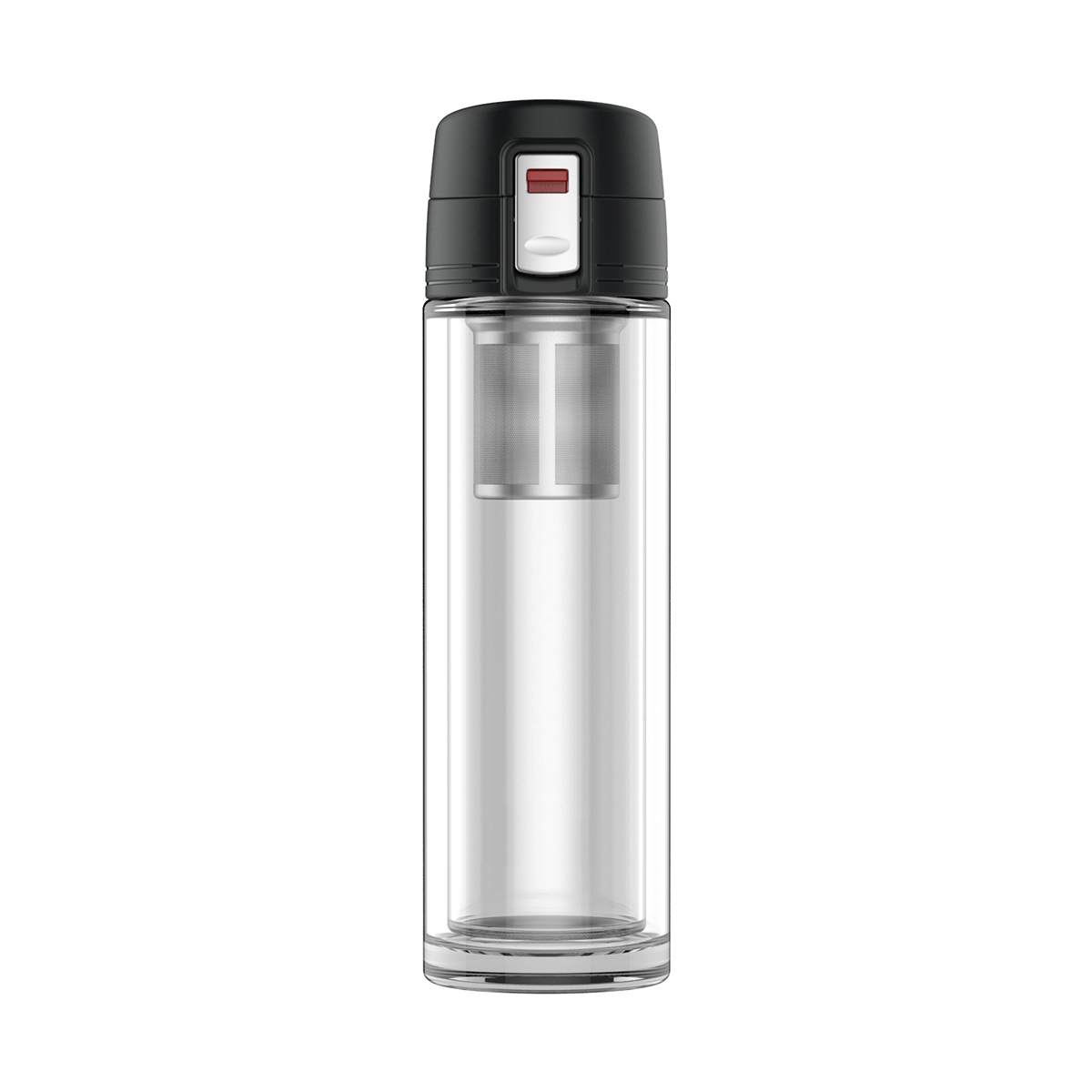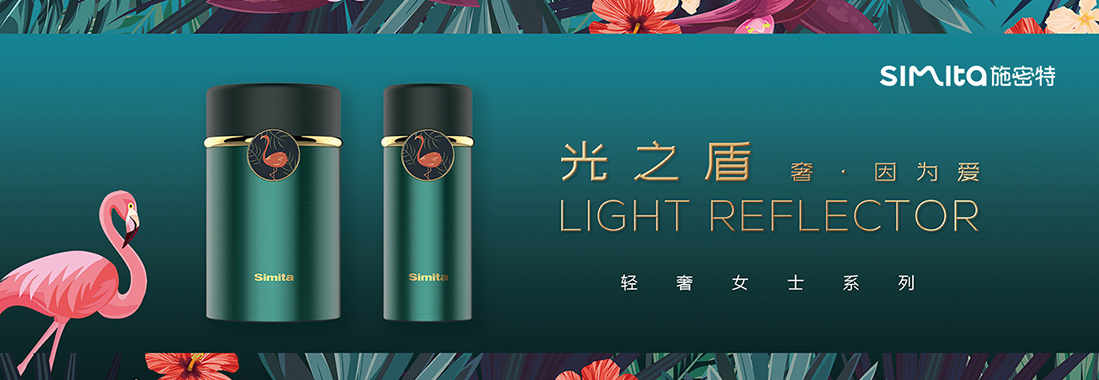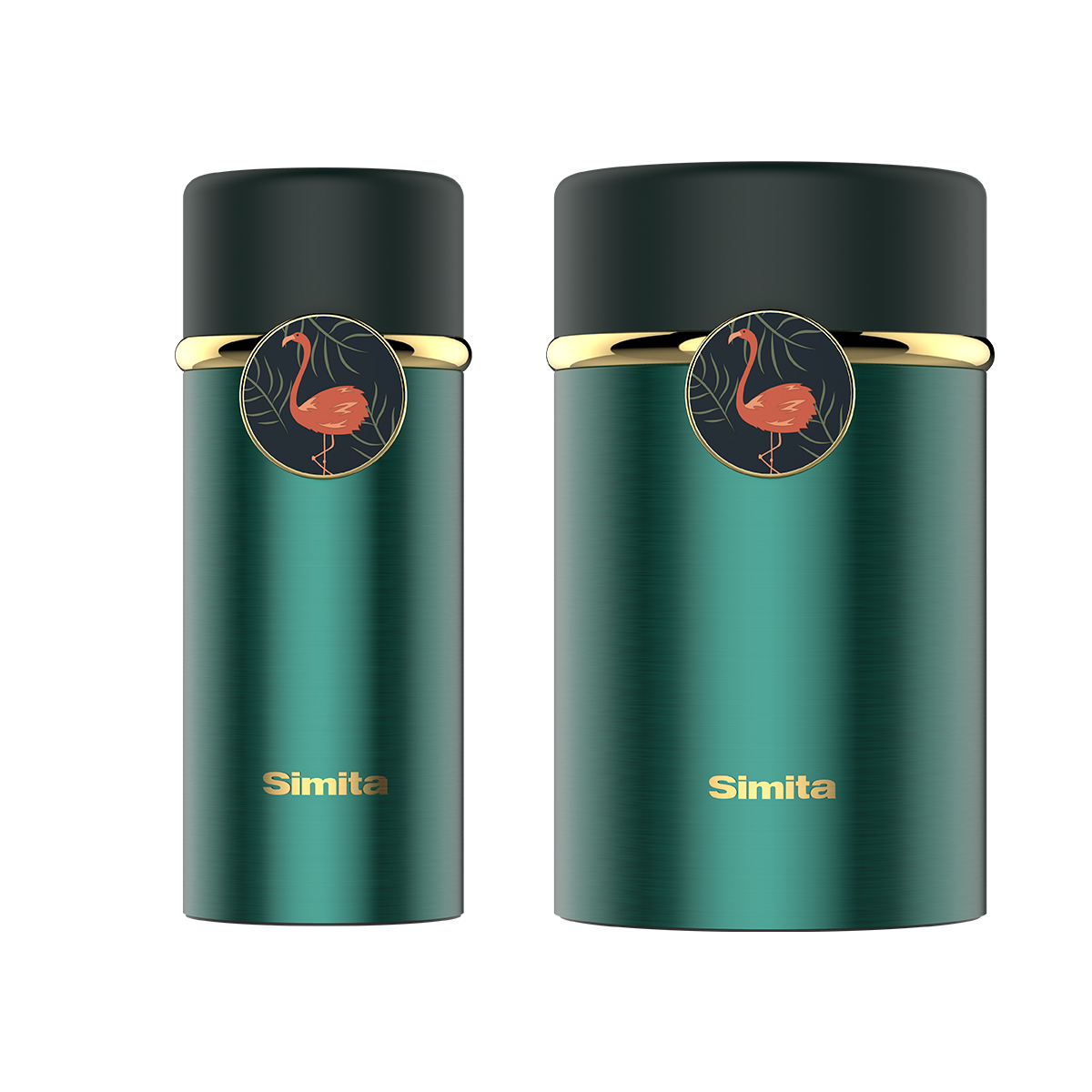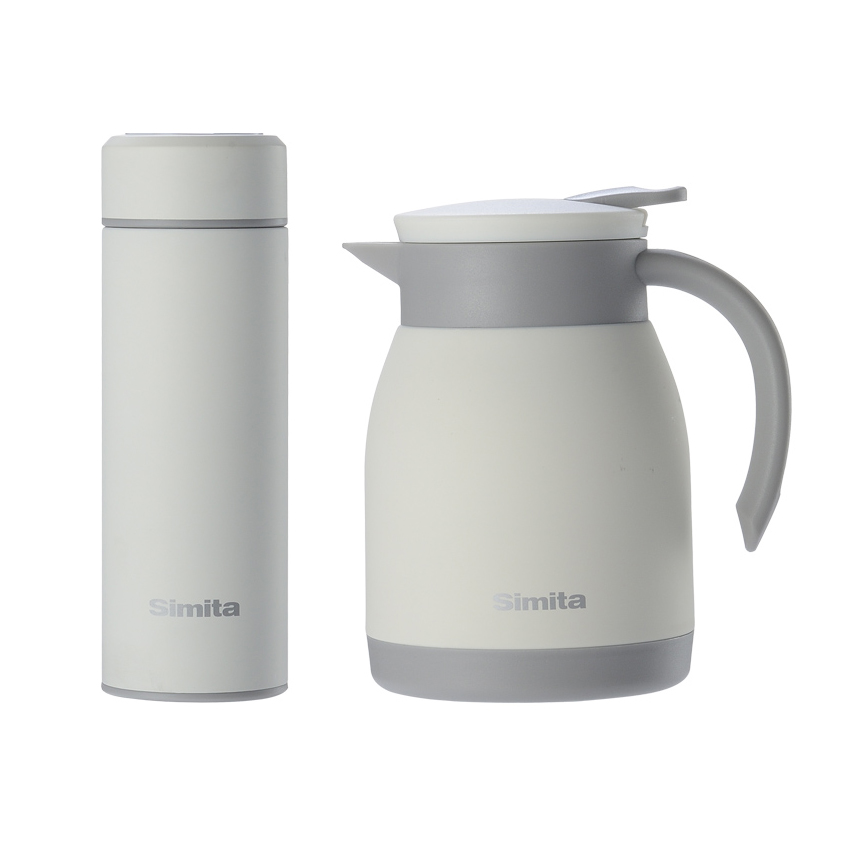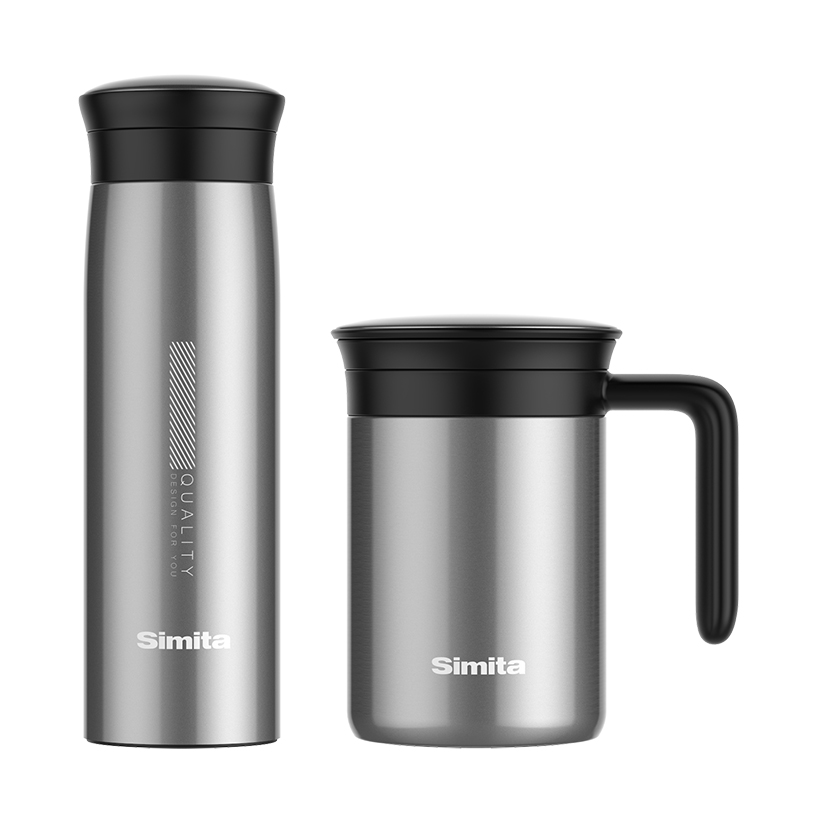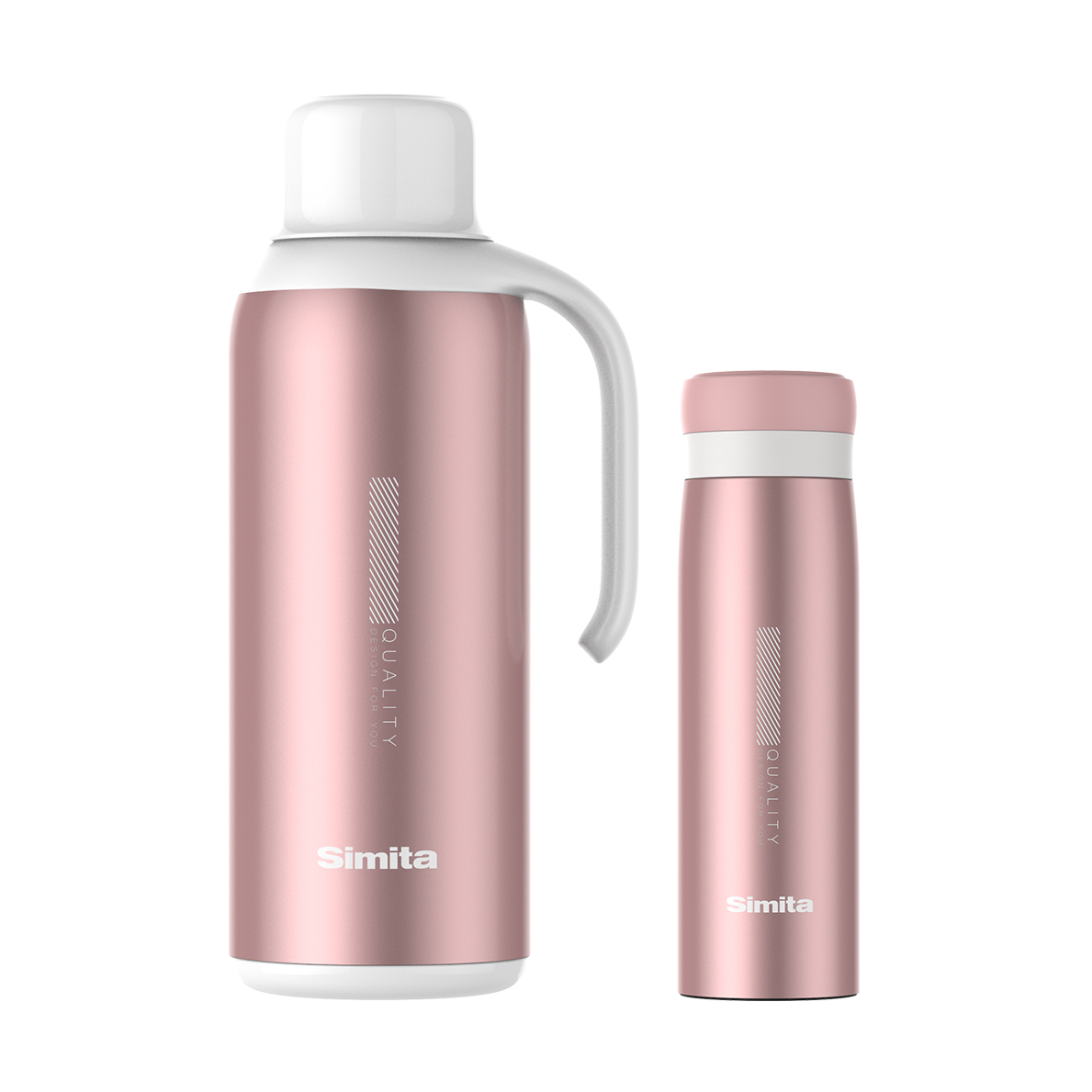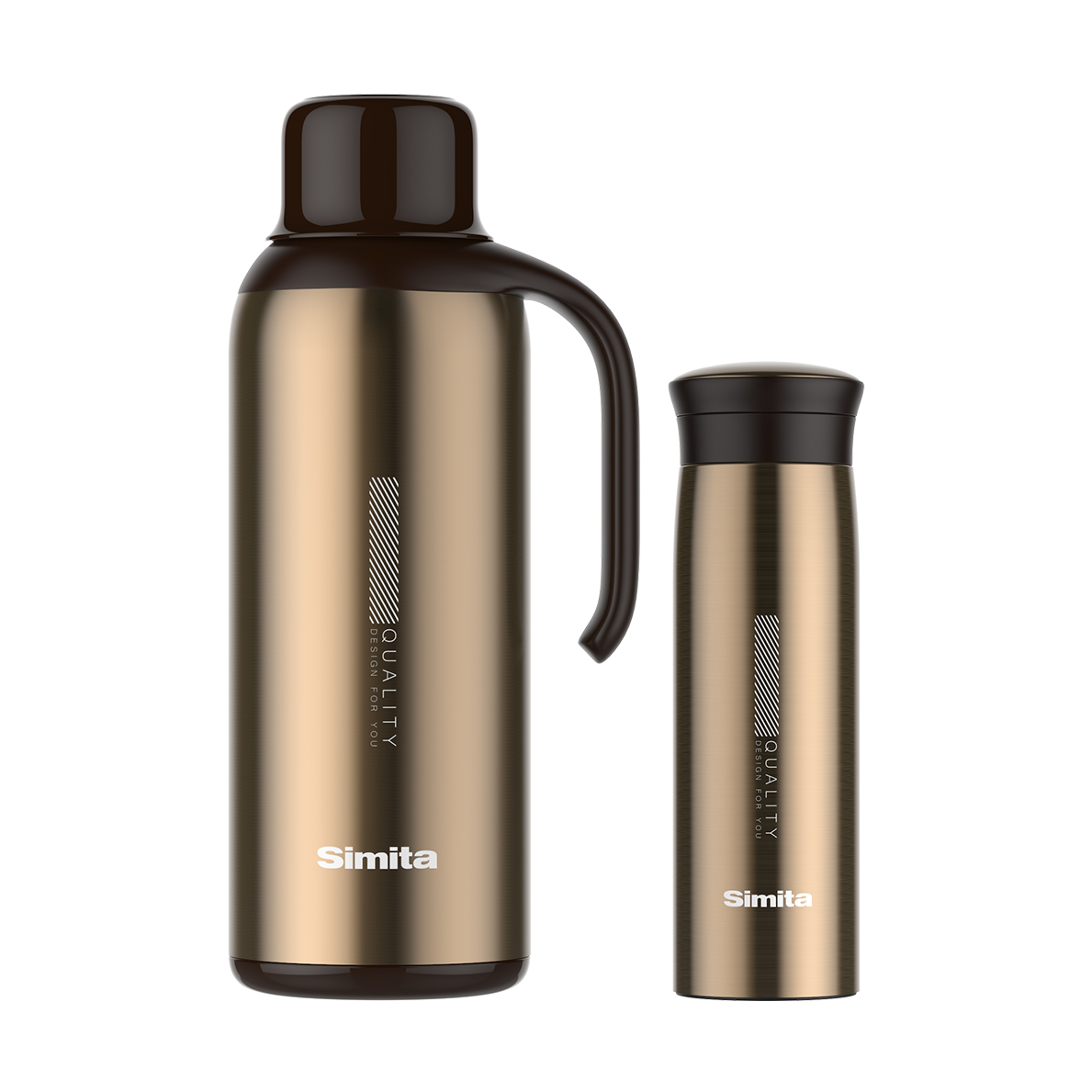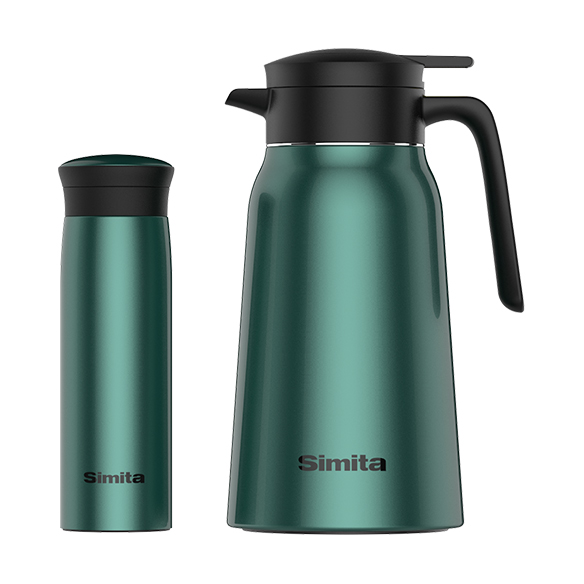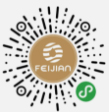-
-
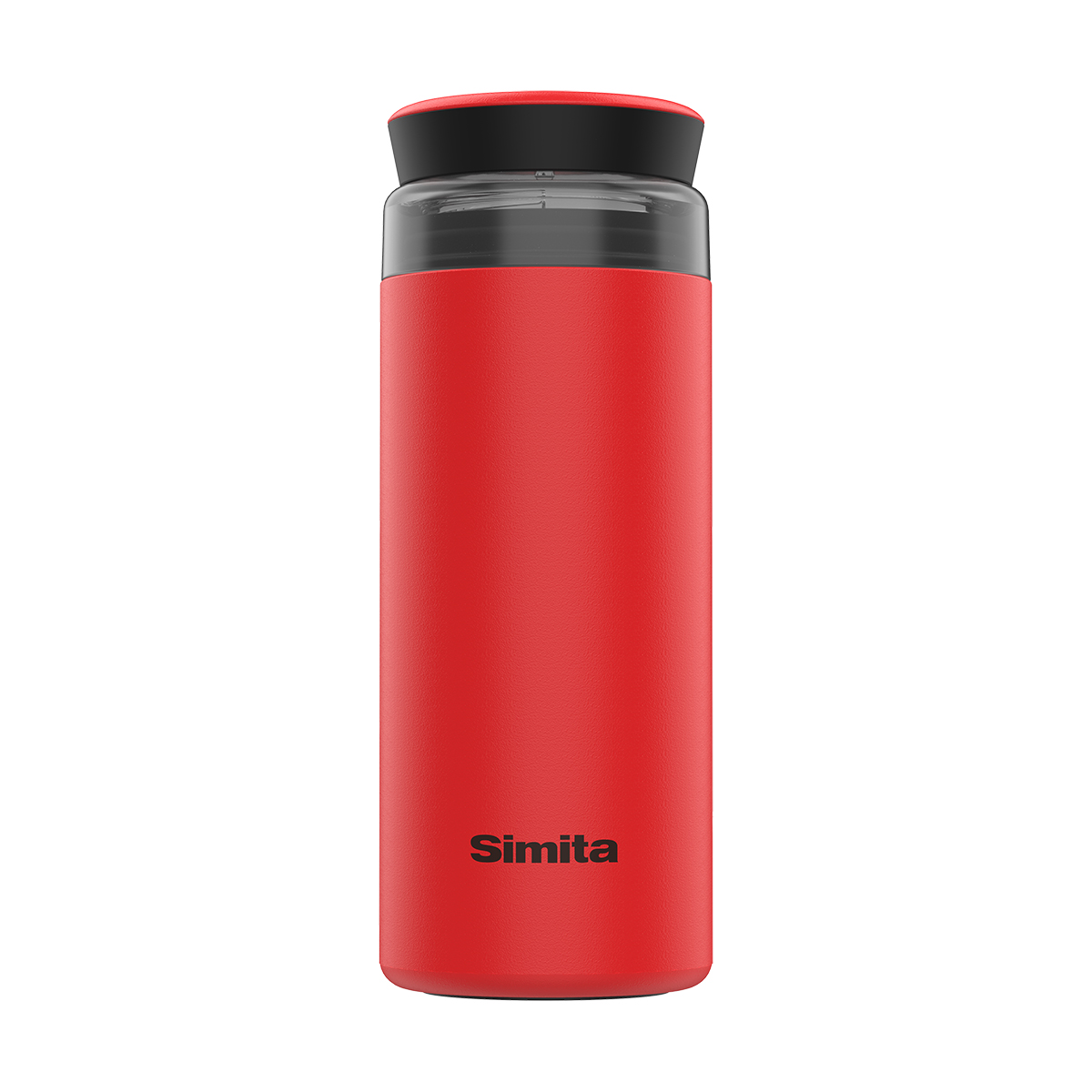 Mingchi Insulation Cup ST-040-38A
Mingchi Insulation Cup ST-040-38A -
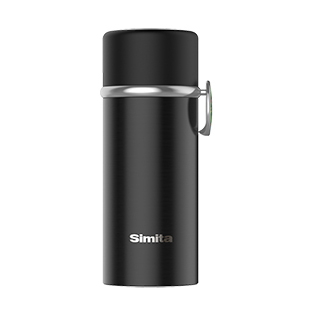 Light Shield Thermos Cup ST-018-37A/ST-042-37A
Light Shield Thermos Cup ST-018-37A/ST-042-37A -
 Wind Whisper Mug ST-040-29A/ST-050-29A
Wind Whisper Mug ST-040-29A/ST-050-29A -
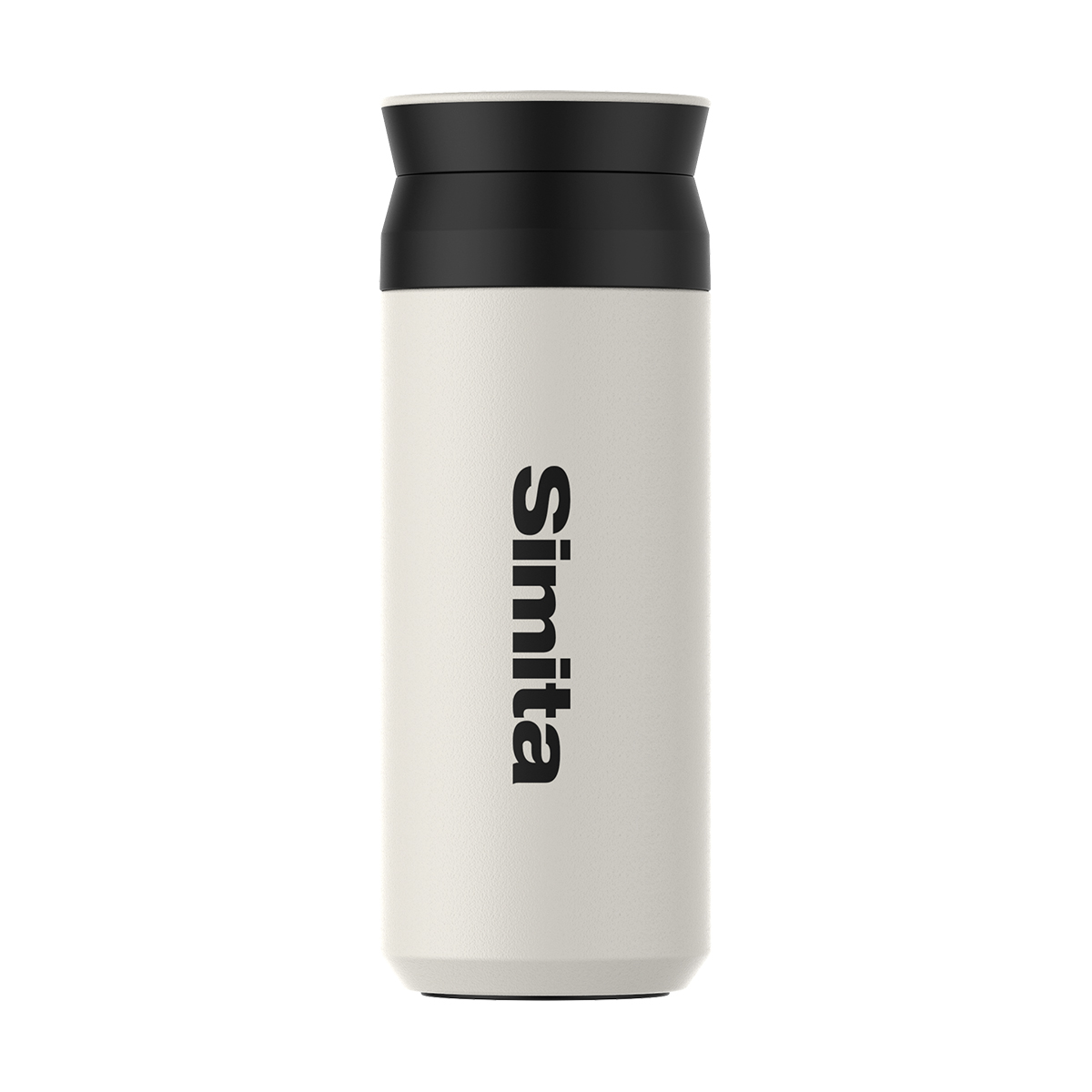 Mingpu Vacuum Flask ST-032-30A/ST-040-30A
Mingpu Vacuum Flask ST-032-30A/ST-040-30A -
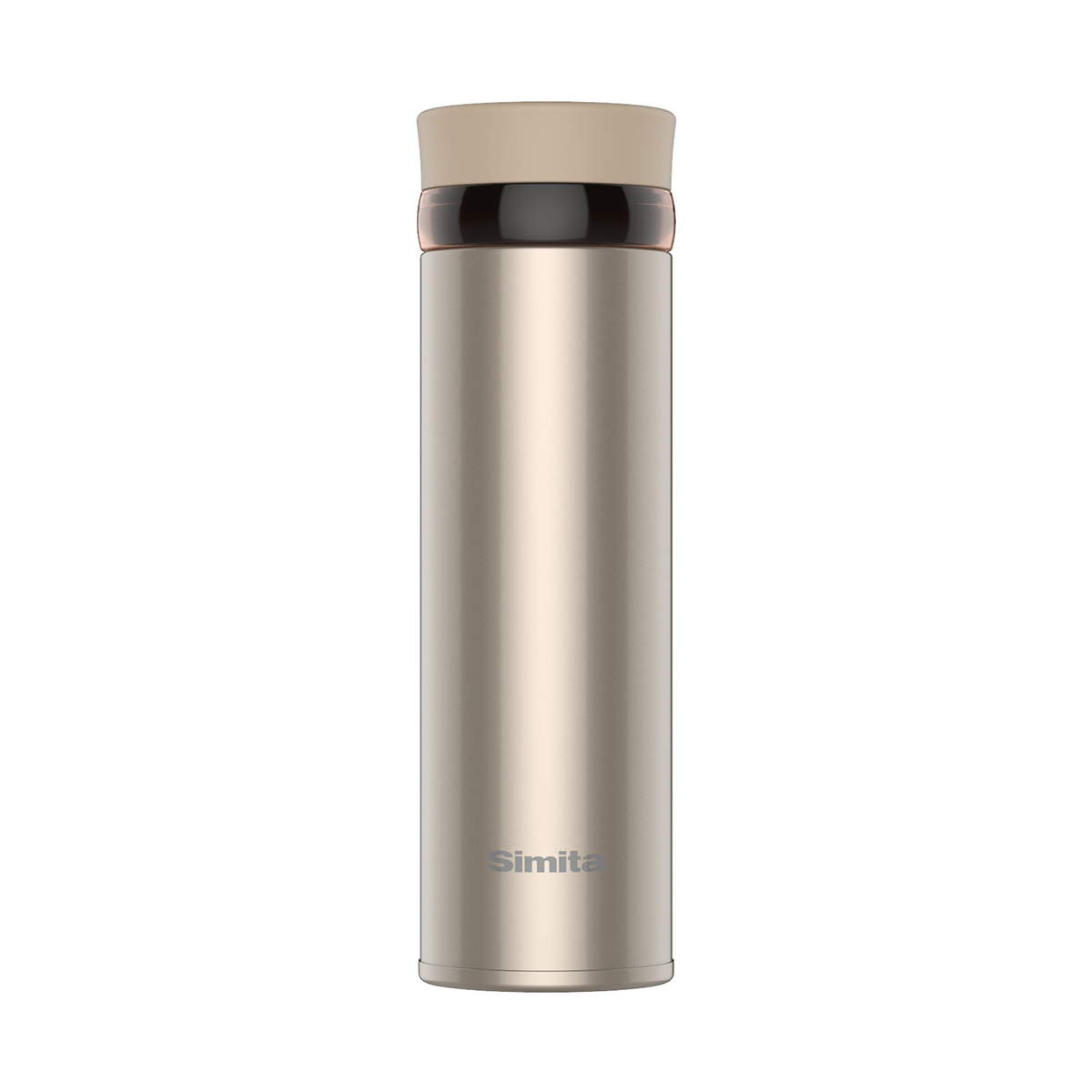 Ladies Thermos Cup ST-022-22A/ST-032-22A
Ladies Thermos Cup ST-022-22A/ST-032-22A -
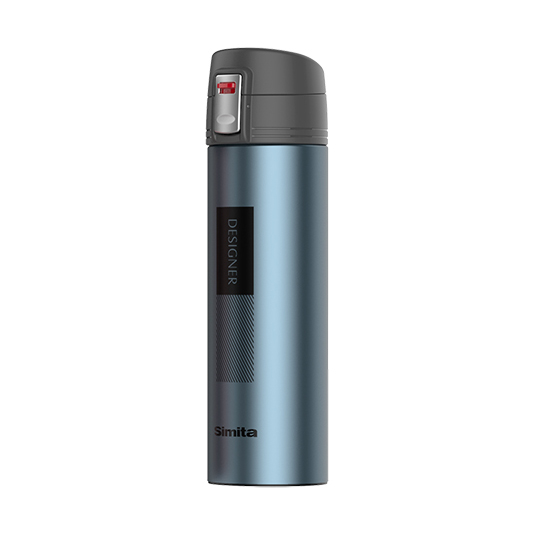 Star Way Lightweight Cup SD-048-12A
Star Way Lightweight Cup SD-048-12A
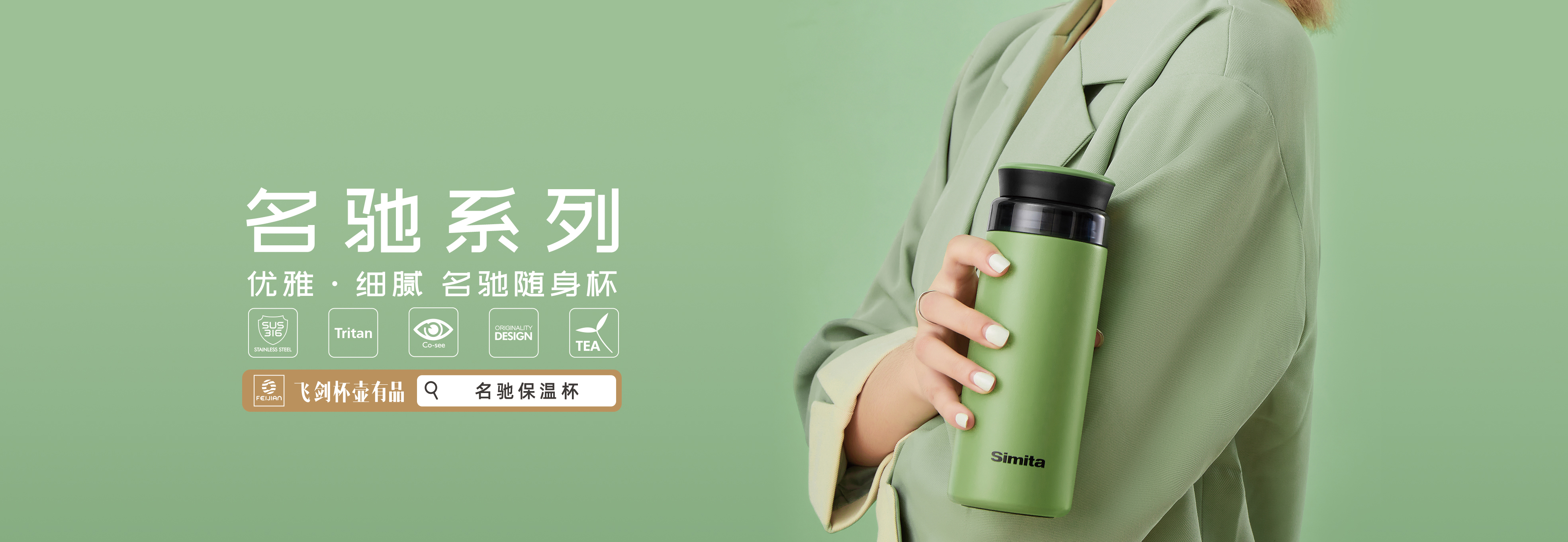
-
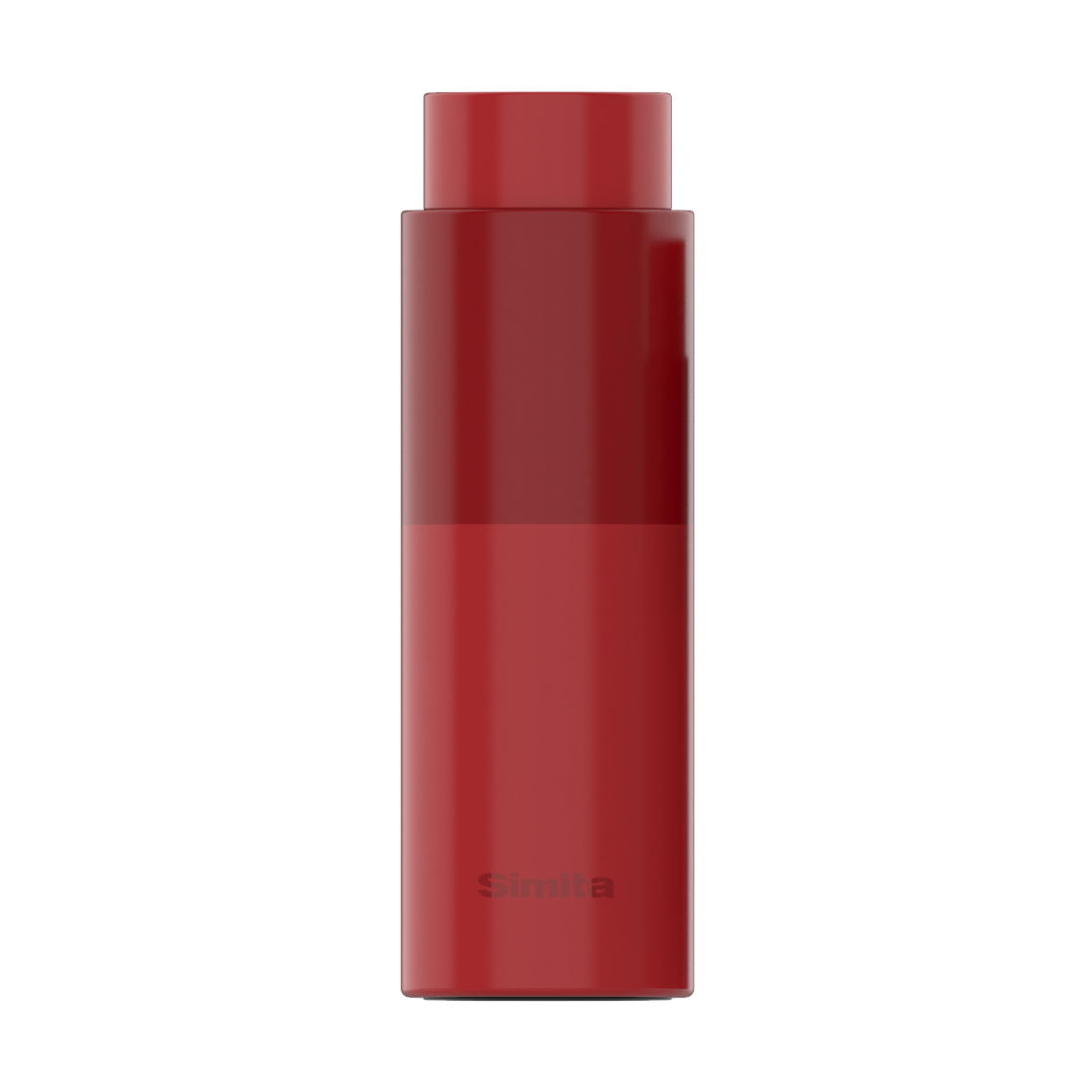 Lingxi Smart Vacuum Cup BD-H016A/BD-H016B
Lingxi Smart Vacuum Cup BD-H016A/BD-H016B -
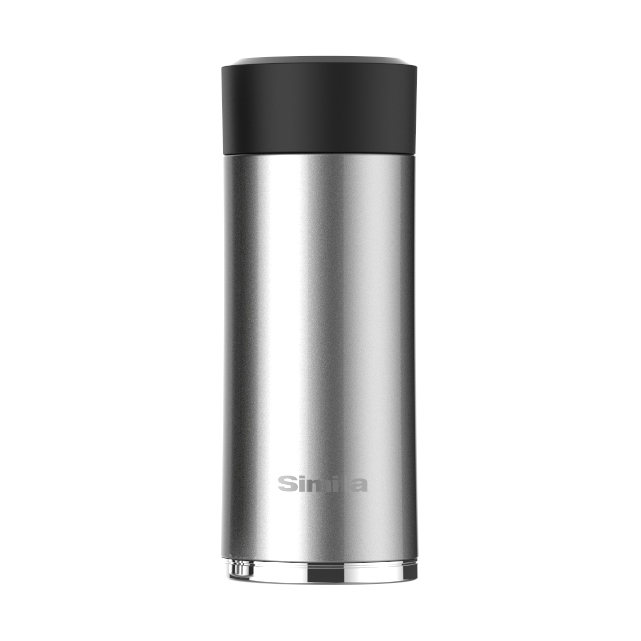 Elite Zhixian Thermos Cup SN-042-03A
Elite Zhixian Thermos Cup SN-042-03A -
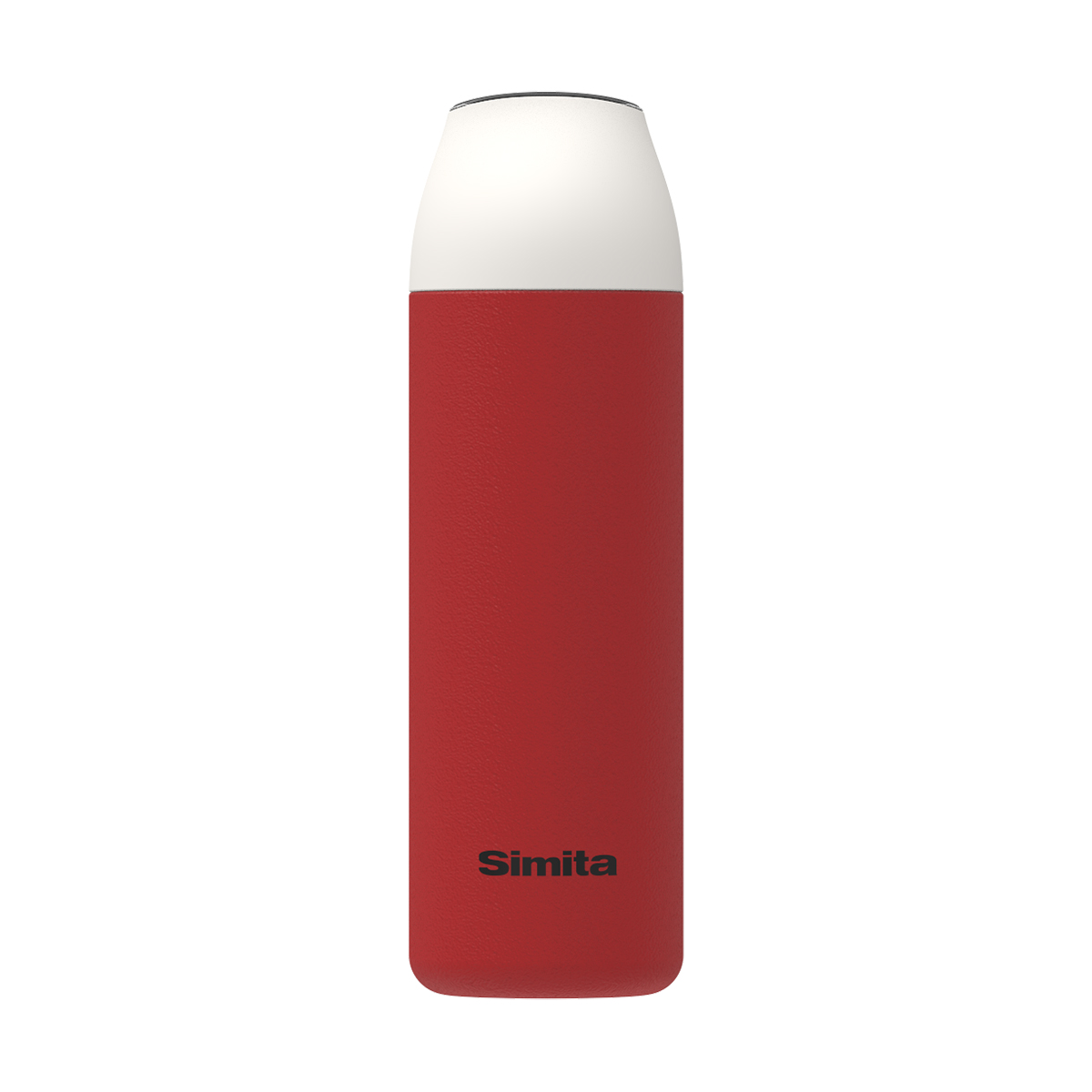 Smart CC Cup (plastic spray version) SN-052-02A
Smart CC Cup (plastic spray version) SN-052-02A
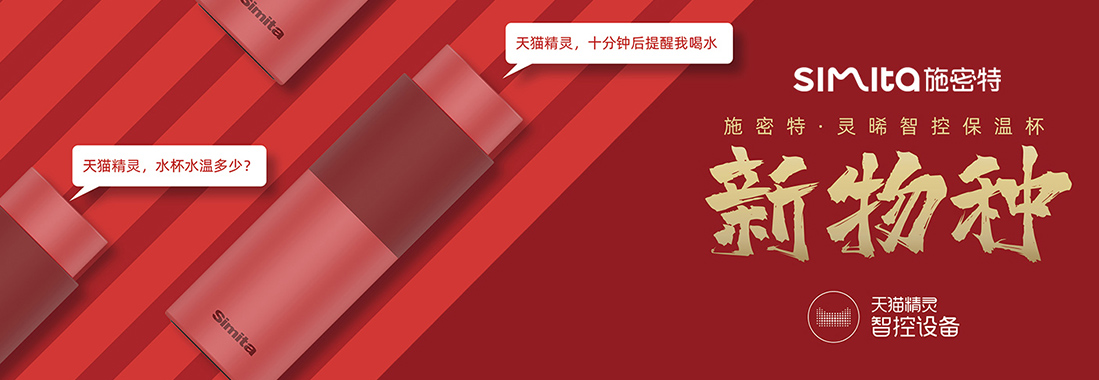
-
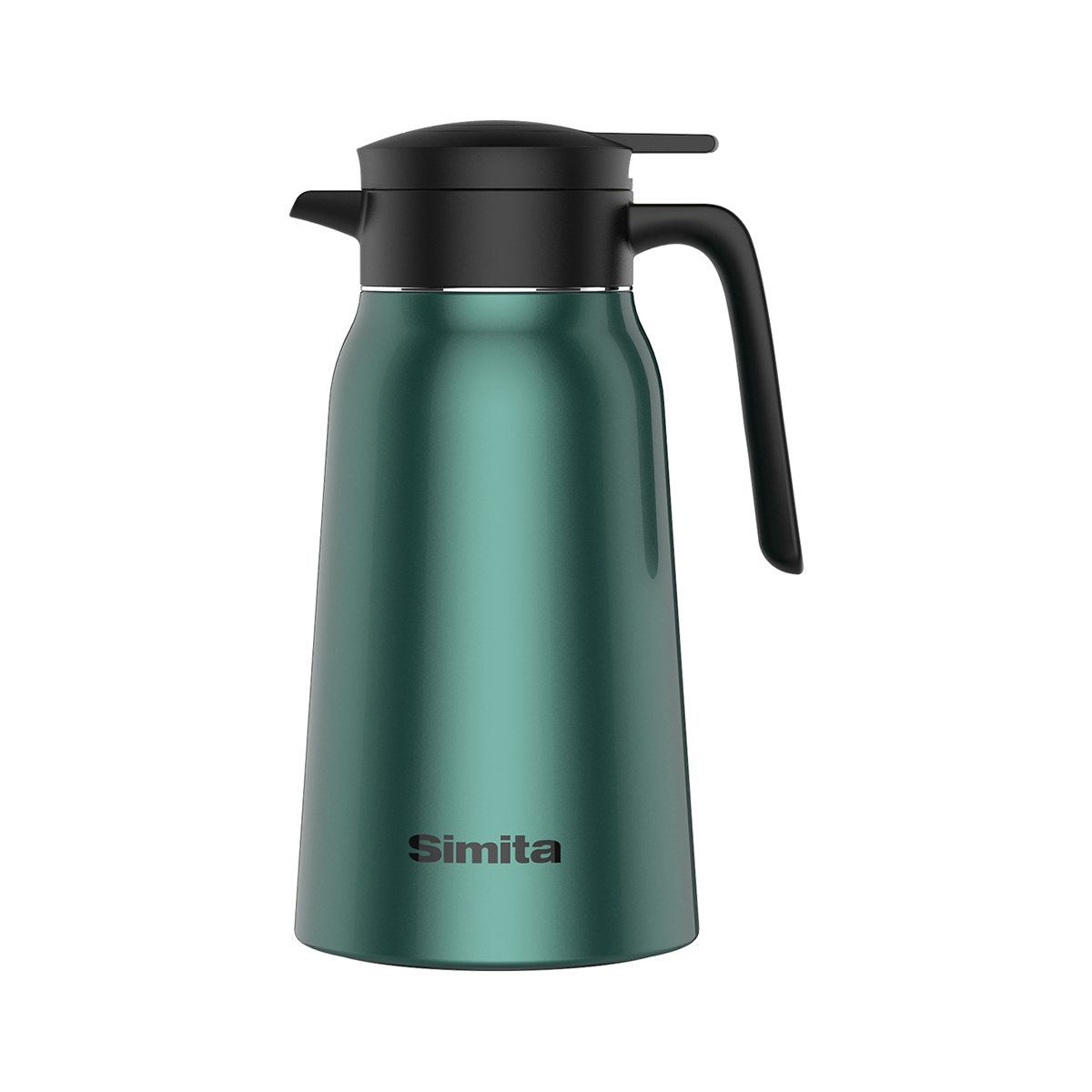 Mingshi Coffee Pot SC-190-03A
Mingshi Coffee Pot SC-190-03A -
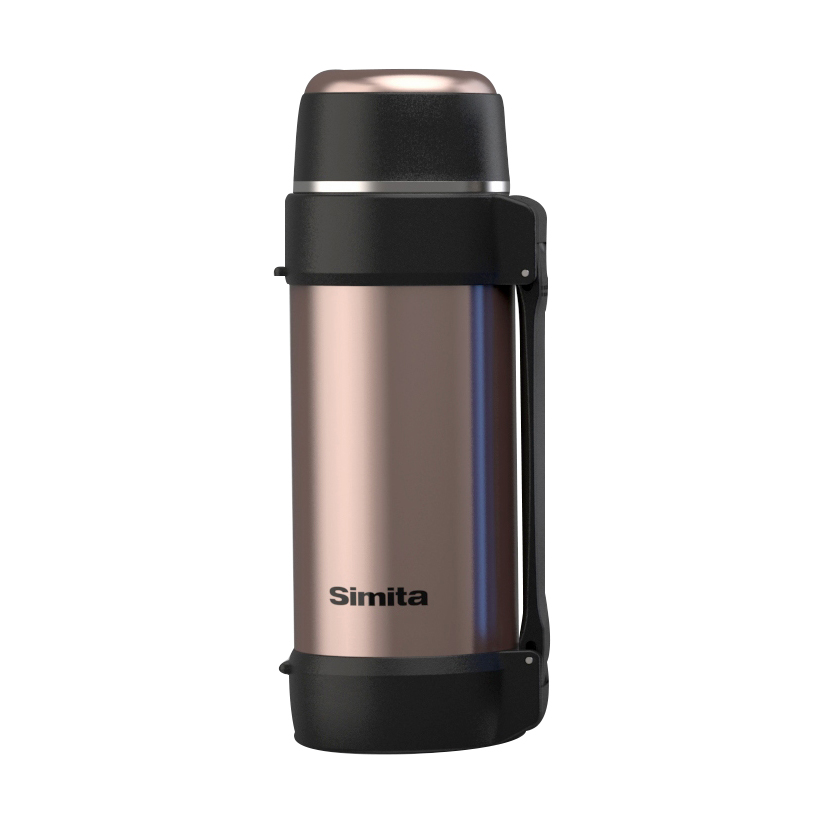 Golden Point Wide Mouth Pot SW-180-08A
Golden Point Wide Mouth Pot SW-180-08A -
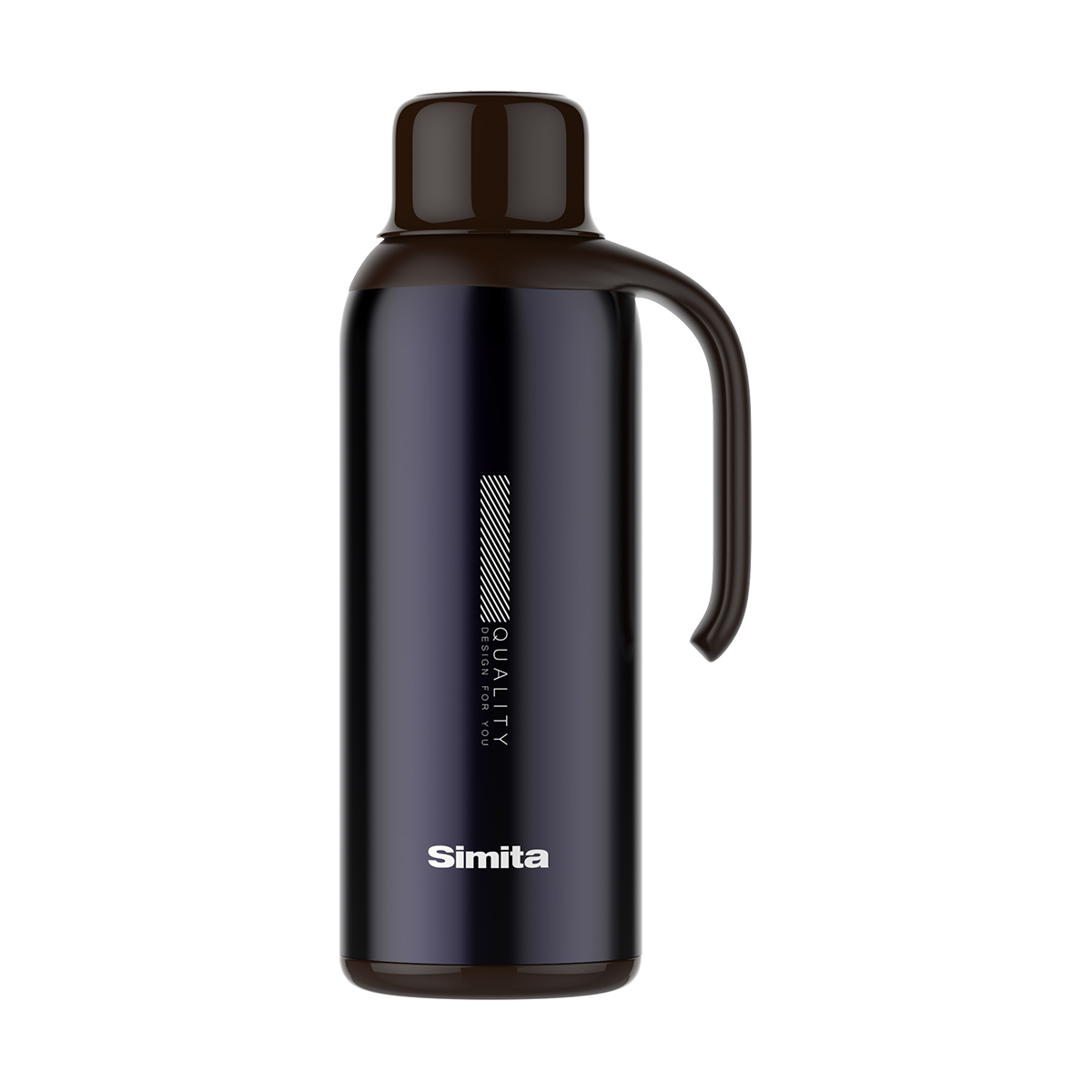 Colorful Pot SS-150-03A
Colorful Pot SS-150-03A -
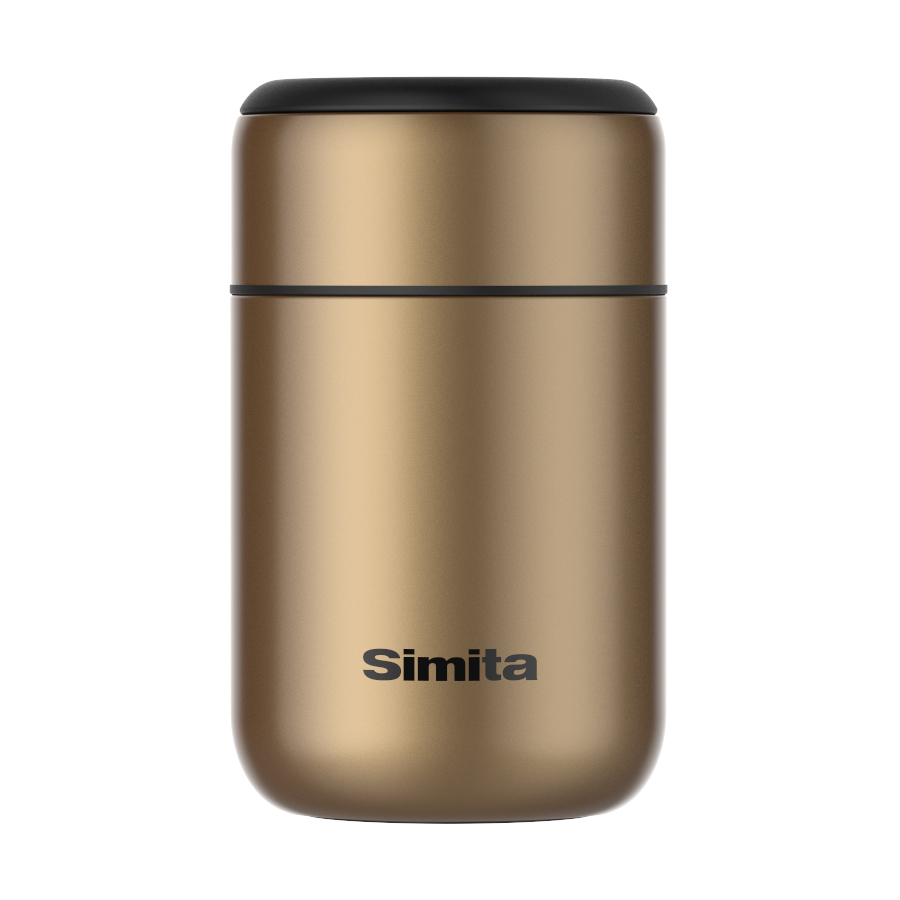 Duobao Pot SF-075-07A
Duobao Pot SF-075-07A -
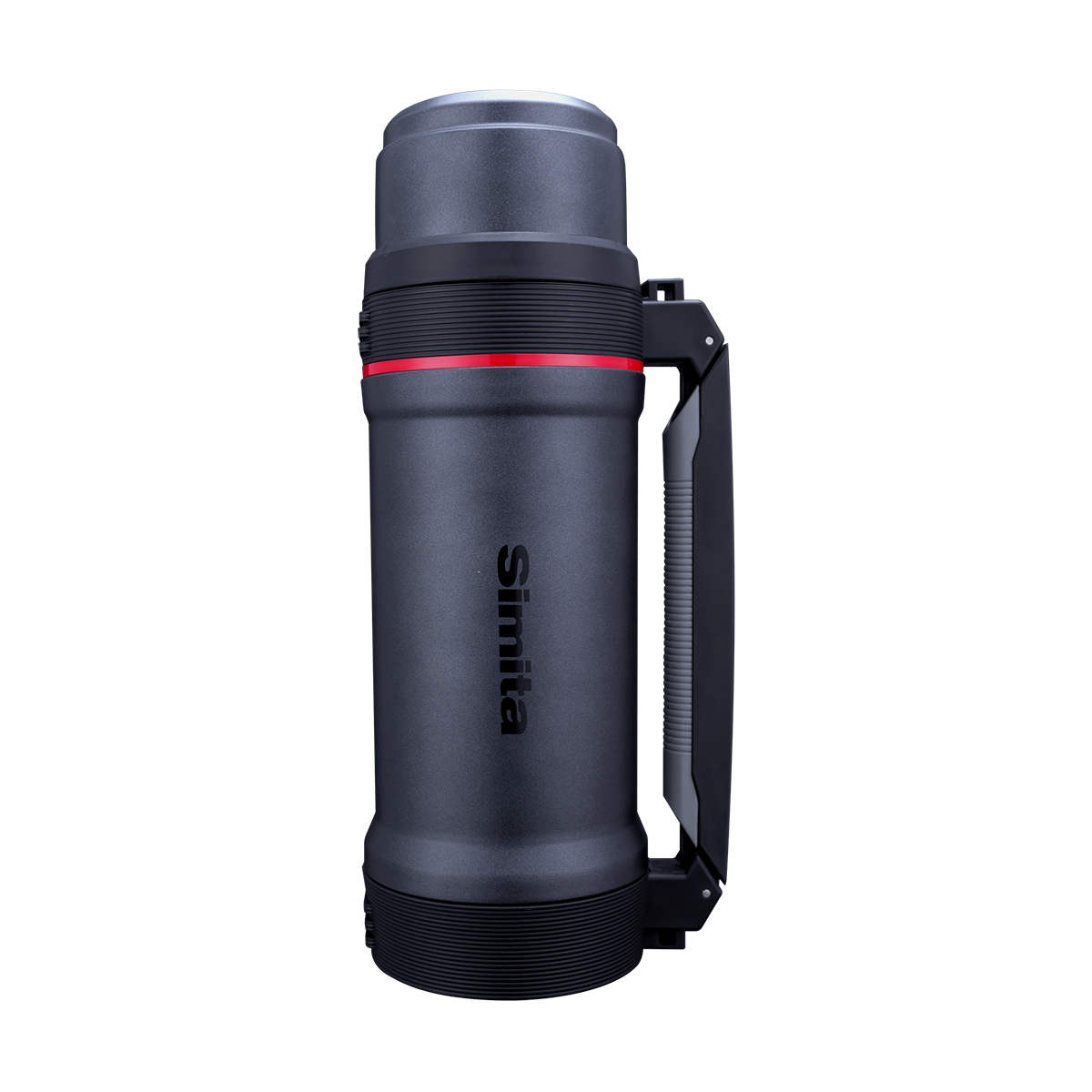 Travel Pot SS-120-01A
Travel Pot SS-120-01A -
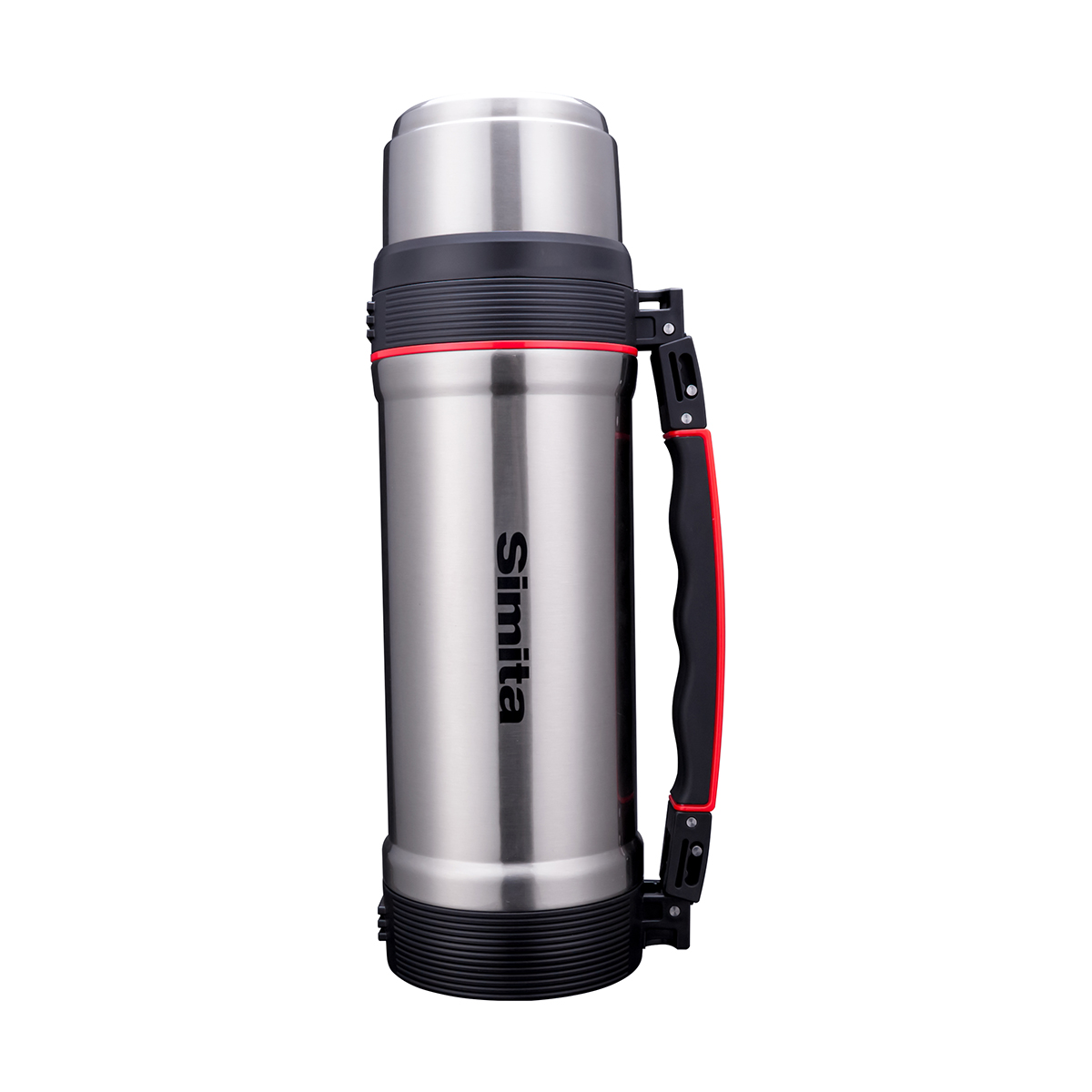 A Generation of Wide Mouth Pot SW-150-01A/SW-200-01A/SW-230-01A
A Generation of Wide Mouth Pot SW-150-01A/SW-200-01A/SW-230-01A
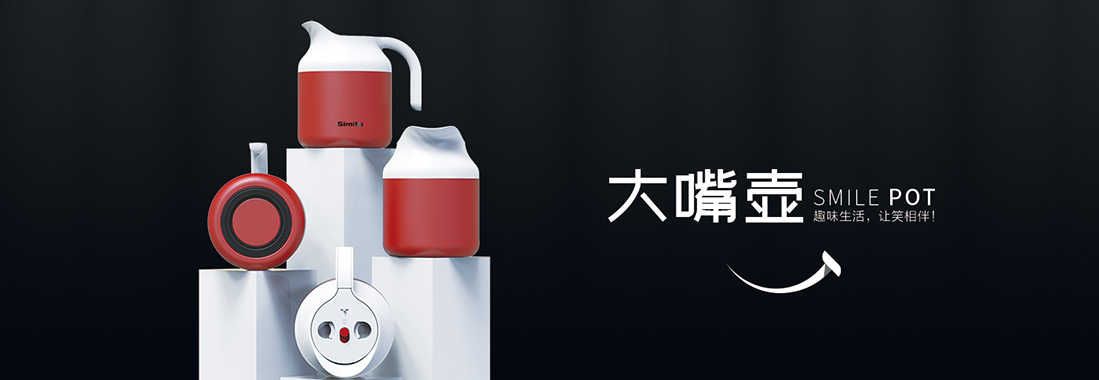
-
How many rumors have you heard about the thermos cup of the health partner?
Time:2020-11-12 00:00:00
Not long ago, there were news reports that a Fuzhou woman soaked red dates in a thermos and forgot to drink it. As a result, she opened the thermos more than ten days later, causing the thermos to explode and burst her right eyeball. After listening, is there a cold behind your back? In fact, the reason for the explosion is: after soaking the jujube in hot water, tightly closing the thermos cup will cause the air pressure in the cup to suddenly increase, which causes the hot water "surge" explosion.
This incident also caused many rumor makers to focus on our health-preserving artifact "insulation cup" and fabricate many rumors. But don’t worry, Meimei specially prepared a set of vacuum flasks to refute rumors today to escort you who are preparing for health preservation in the fall.
The thermos cup makes tea for too long
Will it be poisonous?
Many people believe that the tea stain attached to the inner wall of the stainless steel after making tea in a thermos cup will cause the precipitation of heavy metals in the stainless steel, leading to chronic poisoning.
Professor Ren Yibin from the School of Materials Science and Engineering of Shenyang Ligong University said: Stainless steel is not so "vulnerable". Only steel with more than 13% chromium can afford the name of stainless steel. The alloy element chromium can ensure the dull surface of stainless steel. The formation of the chemical film plays a protective role on the stainless steel substrate. In the GB9684-2011 national food safety standard, there are clear requirements for stainless steel materials for food utensils.
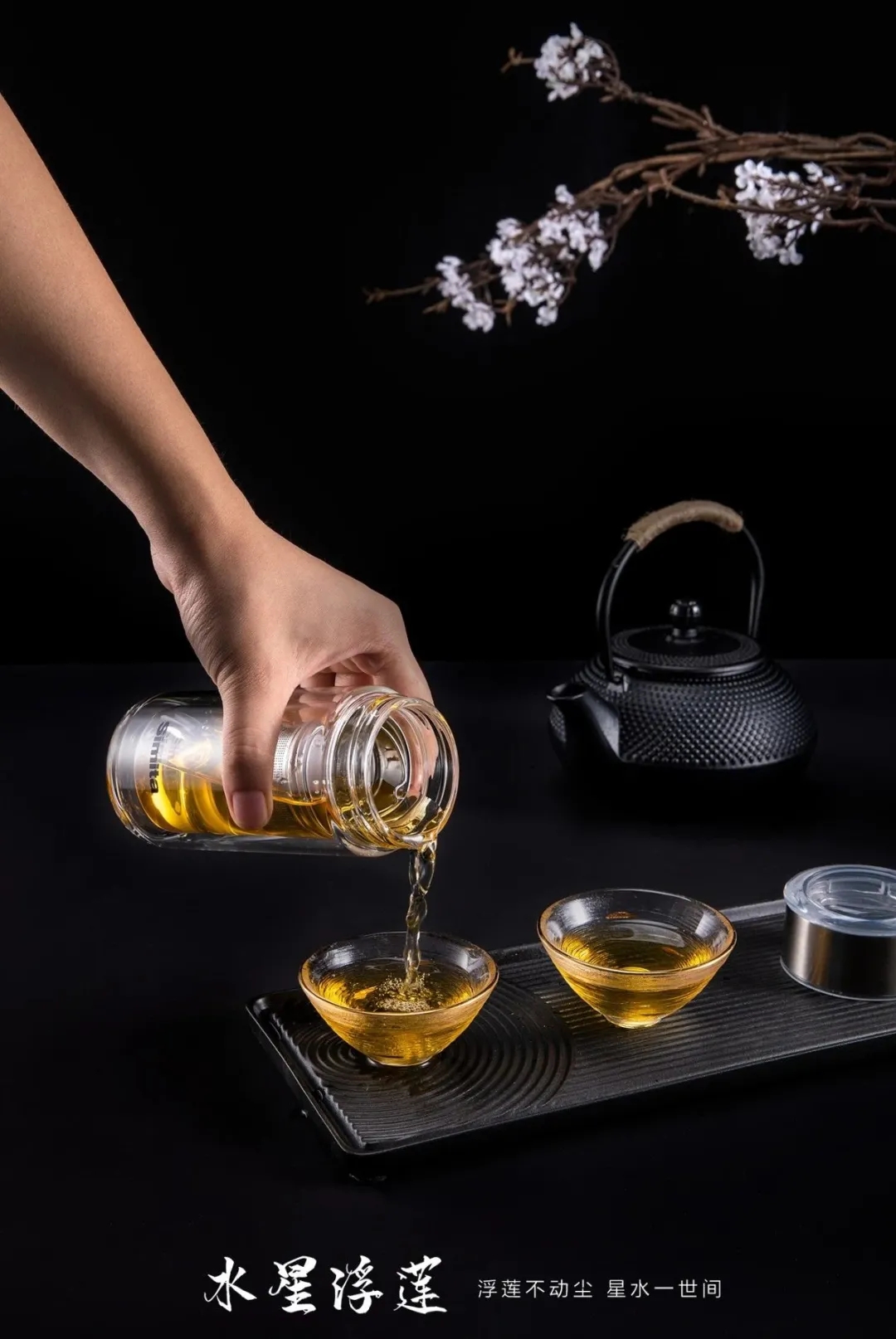
Normally, in addition to chromium, alloy elements such as nickel, molybdenum, manganese, copper, nitrogen, and vanadium are also specially added to improve the mechanical properties and corrosion resistance of stainless steel. However, lead, cadmium and arsenic are harmful in stainless steel. The impurity elements are strictly restricted.
Can't hold carbonated drinks or juice in the thermos?
Although stainless steel is not an impervious body, in strong corrosive environments such as acids, alkalis, and salts, corrosion may still occur and cause some alloying elements to dissolve. Therefore, the national standard GB9684-2011 also focuses on the dissolution limit of lead, chromium, nickel, cadmium and arsenic. The test conditions are almost impossible to encounter in daily life. The test conditions need to be boiled in 4% acetic acid for 30 minutes. Analyze the metal content after placing it at room temperature for 24 hours, and the leaching amount of various alloying elements in stainless steel vessels is less than 0.5 mg/dm2.
In addition, Wang Hao, an associate professor at the School of Food Science and Technology of Tianjin University of Science and Technology, said that in the field of food science, one thing often said is “can’t put aside the dose and talk about toxicity.” Such as tea, wolfberry, carbonated drinks, etc., although they are acid-base, they are Weak, let alone tea stains, even if you keep it in for a few days, there is no need to worry about the dissolution of alloy elements for stainless steel cups that meet the standards. Even if there are trace alloying elements corroding and dissolving, the alloying elements such as chromium, nickel, manganese, molybdenum in stainless steel for food utensils are all necessary trace elements for our human body and will not affect our health.
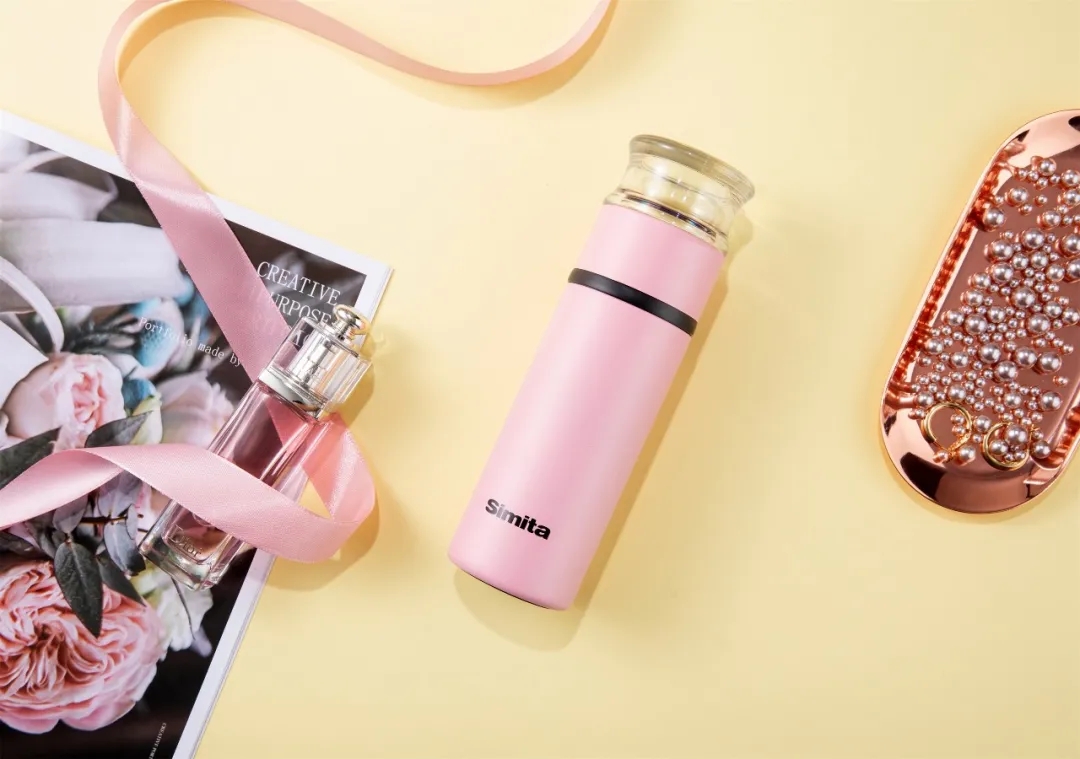
A thermos cup that can be sucked by a magnet is a good thermos?
Professor Ren Yibin introduced that according to the national standard GB9684, stainless steel materials for tableware include austenitic stainless steel, austenitic-ferritic duplex stainless steel, and ferritic stainless steel. The biggest difference between these three types of stainless steels is the same as their names. One of the performance differences shown is magnetism. Among them, only austenitic stainless steel has no magnetism, and the other two are commonly called "stainless iron" by folks.
The price of austenitic stainless steel is generally higher than the latter two. In addition, there are many types of austenitic stainless steels, and the prices vary greatly. The main alloying elements of 304 and 316, which are relatively expensive, are iron, chromium, and nickel, but the proportions of chromium and nickel are different. Among them, nickel is a relatively expensive alloy element, whose main function is to ensure the stability of stainless steel austenite structure and performance. In addition, there are low nickel (saving nickel) manganese austenitic stainless steels. Because manganese and nitrogen are used to replace part of nickel to stabilize the austenitic structure, the price is relatively cheap, but the performance and safety are not bad.
The longer the wolfberry is soaked in the cup, the better the effect?

Many people think that the longer the wolfberry is soaked in the thermos, the darker the water, the better. But it is not true: although wolfberry is brewed in a stainless steel vacuum flask will not produce harmful substances, but when the wolfberry is soaked in hot water, if the temperature of the hot water exceeds 80 degrees Celsius, and the wolfberry is soaked in high temperature water for a long time, then the wolfberry Many nutrients such as vitamins in it will be lost. And if you use wolfberry to soak in water, the medicinal effect cannot be fully exerted. Due to the influence of water temperature, soaking time and other factors, only part of the medicinal ingredients in wolfberry can be released into water or soup.
Reference
1. Shanghai Hotline: The vacuum cup soaked red dates for more than 10 days, unscrewed and exploded, causing the girl’s eyeball to burst
2. CCTV.com: Heavy metals are made from tea in a vacuum flask? Stainless steel is not so vulnerable
3. Tencent.com: These 19 kinds of vacuum flasks were exposed by CCTV as harmful. How to choose drinking water?
4. Hubei Daily.com: Rumor-defying platform: Does the thermos cup do not leave your hands, is it a health preservation or a "drug"? The truth is...
Simita thoughtful reminder
1. After the quality of the Simita vacuum flask is too hard, there is no need to worry about the problem of poisoning caused by the precipitation of heavy metals.
2. Scientifically purchase thermos cups, and look for qualified 304 metal signs.
3. Pay attention to regular cleaning when using the thermos cup, and don't let the cup become a hotbed of bacteria.



















